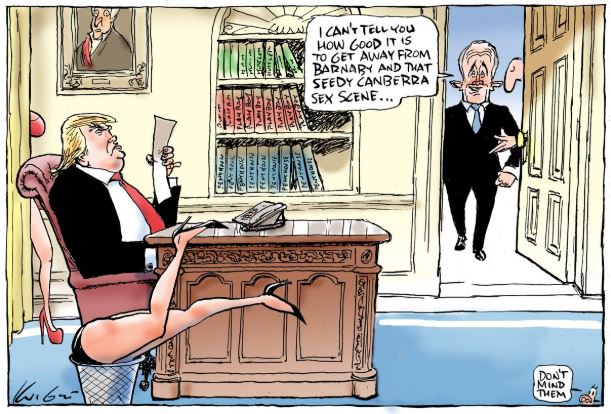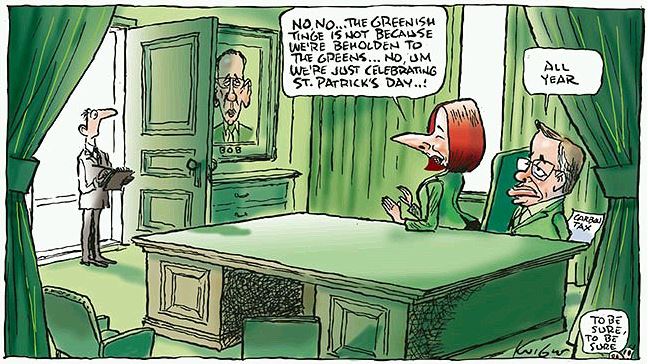In an email from Reader Ranger:
“You mentioned your ‘modified’ Mil-Spec Springfield 1911A1. Are you referring to the stock changes Springfield makes, such as the lowered and flared ejection port, etc or did you have aftermarket work done? It does look like you have custom grips.
“BTW, I find Springfield 1911A1’s great unless you’re willing to pay nose bleed prices for a Les Bauer or equivalent. I’ve used the Springfield lifetime warranty twice with my 1911A1’s (visualize the low brow pickup truck bumper sticker of Calvin but instead of some NASCAR idiot think Kimber). Springfield’s don’t have the ridiculous firing pin safeties and instead uses a stronger firing pin spring coupled with a lighter titanium firing pin.
“Also it looks like you’re using Wilson Combat magazines. Kudo’s on that!
IMHO, from the side view, you have the GI sights and I would suggest at some point swapping them out for Novak style tritium night sights. Just saying more than 50% of shooting occur after dark, and as I get older a bright green front sight dot is comforting.”
Here are the pre- and post-modified pics:


My modifications to the stock Springfield G.I. 1911 were as follows:
- lowered ejection port (the G.I. ejection port is too small to accommodate the many different types of .45 ACP ammo I use)
- beavertail grip safety and bobbed hammer (because I had become heartily sick of the standard 1911 “hammer-bite”)
- the wood grips are made from some endangered tree found in Hawaii (no idea what species; I bought them at a gun show on looks alone)
…and that’s about it. I use Chip McCormick PowerMags exclusively, not the Wilson Combat type because the tolerances of the Wilson are a little tight for my Springfield’s mag well.
I’ve toyed with putting Novak sights (or similar) on the thing, but frankly, the gunsmithing cost is prohibitive. I’d rather just keep anointing the little white dots on the existing sights with florescent paint as it wears off.
When I bought my 1911, Springfield hadn’t yet made the “Loaded” model, which is basically what mine is (except for the sights).
Other considerations:
I don’t care for the rough feel of stippled or ribbed grips and frontstraps because after I’ve shot more than a hundred rounds, my skin gets chafed and irritated. My hands don’t perspire — never have — so smooth grips never feel slippery in my hands when I’m shooting. I also don’t care for the “extruded” grip safeties that seem to be all the rage nowadays because if you grip the gun firmly — as God and John Moses Browning decreed — the grip safety will always disengage. The extrusion, when practicing quick draws, can catch on the web of my thumb and forefinger and once again, that gets irritating after a few hundred rounds’ practice.
The G.I.’s issue trigger is outstanding — it wasn’t at first, but after a few hundred rounds it settled into its current state of perfection. Nobody, after firing my 1911, has ever had anything other than praise for the trigger, so I feel no need to change it.
There it is: Kim’s 1911. My idea of a perfect self-defense pistol.








